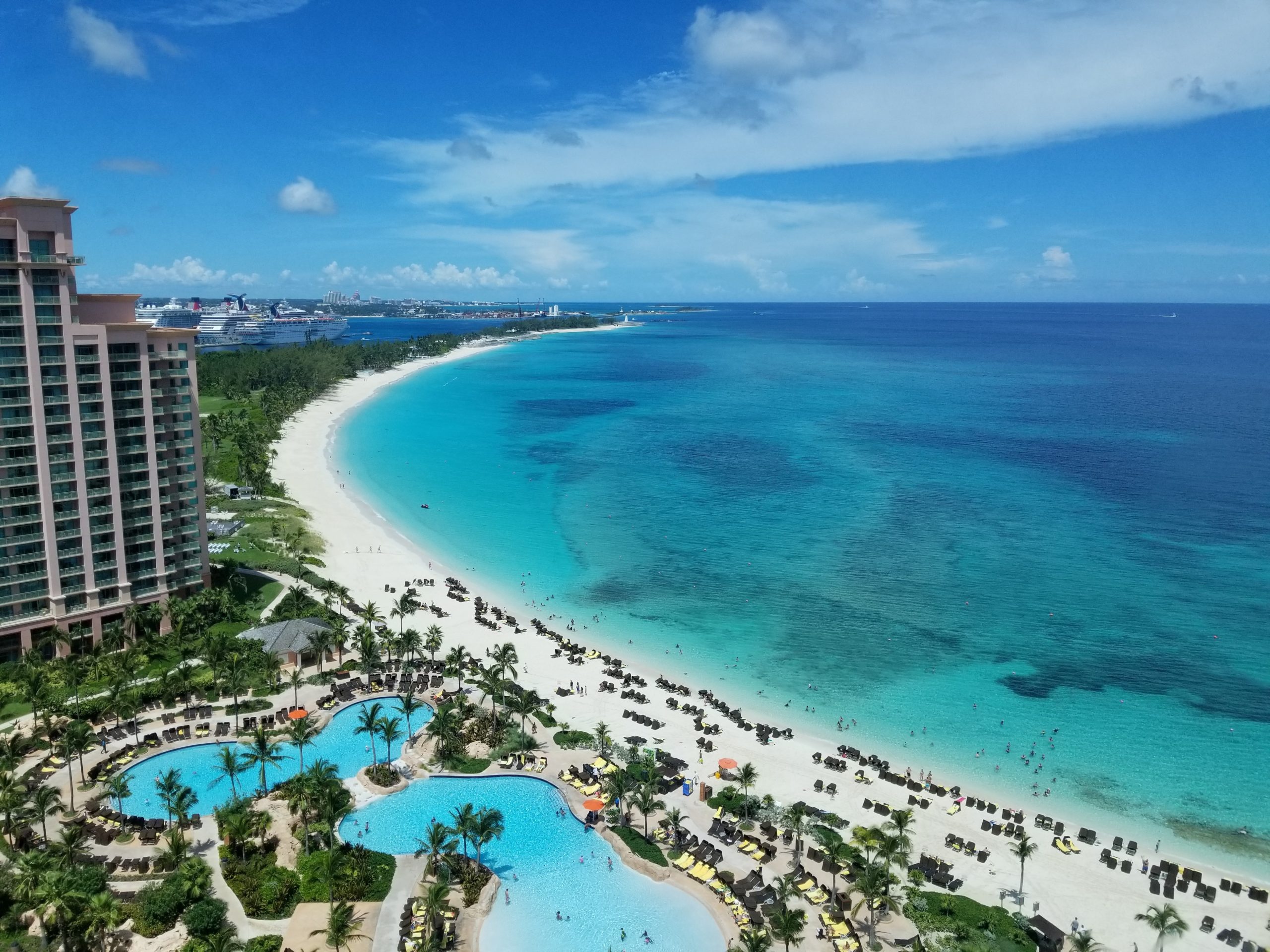With the warm and sunny days of summer behind us, many Canadians are planning tropical vacations to get a break from the impending harsh winter weather. Many of these trips will go off without a hitch but, for some, things can go very wrong and serious injuries can occur. We are often consulted by injury victims upon their return to Canada to determine whether they have a viable claim, or lawsuit, arising from the injury. The question of whether they can be compensated is complex and involves an entirely different analysis than if the injury had occurred in Ontario.
There are several steps that need to be taken to determine whether a tourist’s claim is viable. First, a wrongdoer (defendant) must be identified. Potential defendants may include the travel agency, the tour provider, the transportation company, and the hotel, if that is where the injury occurred. It is key to find a defendant who is actually financially and practically in a position to respond to the claim.
Second, a breach of the local standard needs to be established. Keep in mind that many countries do not have the same standards and laws that protect us here in Canada. In general, the local law will provide the framework within which to determine if a wrong has occurred. It can be very important for the victim to document what happened, as best as possible, since it is harder to do this once back in Canada. Photographs and measurements of the scene, the names of any witnesses and people involved, and documents confirming medical treatment sought can provide good evidence in this regard.
Cruise-ship injuries is a topic worthy of a separate blog article. The right to advance claims is governed by contract and can be subject to extremely short notice and limitation periods (eg. 6 months and 1 year respectively). Further, lawsuits can only be filed in certain cities (eg. Miami). It is important to get legal advice as soon as possible in any tourist claim, and this is particularly true for injuries sustained on cruises.
Note that after an injury, some hotels and tour providers try very hard to get victims to sign a release agreeing not to make a claim, often in exchange for a reduction in the hotel bill or some other small benefit. Do not sign these documents as they may impact on the ability to advance a claim should the injury turn out to be worse than originally thought.
Absent a clear connection between Ontario and the out-of-country defendant, litigation may have to be brought in the country where the injury occurred. This can pose significant challenges as many countries do not have the same rights to compensation that Ontario law allows. Determining the viability of these claims, the applicable limitation period, and the likelihood of a successful recovery involves a thorough analysis on the part of legal counsel.
Note that there is an additional potential avenue of recovery if the defendant responsible for the injury is a member of the European Union. Under Article 4 of the European Regulation Number 1215/2012, an EU Member State may be sued in that EU Member’s state. This is highly relevant to those travelling to Latin American destinations, as many resorts are Spanish-owned, including Melia Hotels International, Riu, Barcelo, Iberostar, Bahia Principe and NH Hotels[i].
In other words, vacationers injured at Spanish-owned Latin American resorts can sue in Spain, which offers a more-straightforward court process to achieve compensation. Spanish law can provide for easier enforcement of judgments and allows for the Hotels’ insurance companies to be directly sued as well (under Article 76 of the Spanish Insurance Contract Act). As Ontario lawyers, we can work together with Spanish lawyers to bring such claims in Spain and help injury victims through this process.
As the snow begins to fly and we Canadians dream of sun and sand, the vast majority of vacationers will enjoy a welcome break from winter and return only with fond memories to keep them going until spring. For those, however, whose vacations do not go as planned, it is important to seek legal advice to fully explore whether obtaining compensation for a tourist injury is a viable option.
If you’re hurt while away:
- Retain any documents that identify the people/companies responsible (tour invoices, photos of the hotel/tour bus company names).
- Take pictures to document how the injury occurred.
- Take measurements, if applicable, if it was a hazard that caused the injury (eg a step, trip hazard)
- Obtain copies of medical documentation confirming treatment sought.
- Obtain the contact information of any witnesses and ask them to send you an email outlining what they observed.
- Do not sign anything!
- Reach out to legal counsel as soon as possible upon your return home to receive information about your legal options in the event of a serious injury, including what limitation periods may apply.
[i] Alfredo Arango, Top 2- Reportur: El Ranking de Hoteleras en America Latina, Reportur, December 3, 2015. https://www.reportur.com/mexico/2015/12/03/top-20%E2%80%B2-reportur-el-ranking-de-hoteleras-en-america-latina/




